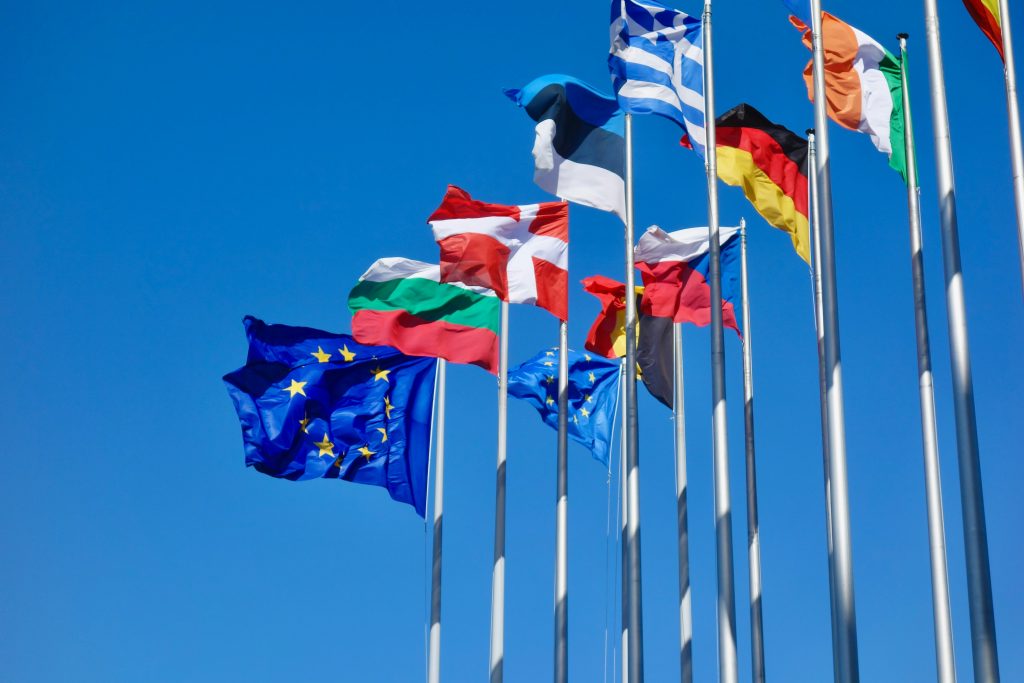The Human Rights Monitoring Institute, together with the Lithuanian Centre for Human Rights, the Lithuanian Gay League and ILGA Europe, has submitted a position paper to the Committee of Ministers of the Council of Europe on the implementation of the decision of the European Court of Human Rights in the case of Macatė v. Lithuania. The position is set out in the context of the most recent action plan submitted by the Government.
This case concerns a collection of six fairy tales composed by the applicant, two of which depict same-sex marriage. After the book’s publication in 2013. its distribution was temporarily suspended, only to resume a year later when the book carried a warning label stating that its content could be harmful to children under 14. The Court found that the measures imposed on the book were aimed at restricting children’s access to information depicting same-sex relationships and did not pursue any aim that could be considered legitimate.
The position paper highlights that the existence of a legal regulation which states that “minors are adversely affected by information that undermines family values, promotes a different concept of marriage and family than that enshrined in the Constitution of the Republic of Lithuania and the Civil Code of the Republic of Lithuania”, contributes to the discrimination of the LGBTIQ+ community and the creation of initiatives against them. This provision of the law allows for initiatives that discriminate against LGBTIQ+ people and their families. In individual cases, the existing legal provision can be used as a legal basis for discrimination against LGBTIQ+ children or young people in formal or non-formal education institutions. Exclusion of the LGBTIQ+ community is based on policies that have consequences for the LGBTIQ+ community by negatively impacting on psychological health, including an increased risk of mood disorders, substance and alcohol misuse and generalised anxiety disorder.
2023 m. In December, a homosexual couple was violently attacked by a group of people shouting “Lithuania does not recognise LGBTI” in the centre of Vilnius. This illustrates how a section of society interprets existing legal provisions that restrict the rights of the LGBTIQ+ community, and how this creates a chilling effect on the LGBTIQ+ community, while also encouraging such hostility and violence. This corresponds to 2023. In the case of the September 2009 case, LGBTIQ+ activists were persecuted by an organised group of “traditional family values” advocates, who also used very similar rhetoric, which in turn suggests an indirect negative impact of this provision and its contribution to the shrinking space of LGBTIQ+ activism in Lithuania.
It is worrying that this provision of the law could be used to censor the LGBTIQ+ community. Some politicians who voted against the amendment say they were only trying to stop what they call “LGBTIQ+ propaganda”. But in reality, they ended up leaving place for unfair provisions that do not meet human rights standards and prevented progress in the protection of human rights. The use of such wording clearly indicates that this provision of the Law on the Protection of Minors is being used to silence the voice of LGBTIQ+ representatives.
The position is presented in accordance with point 9.2 of the Rules of the Committee of Ministers.
Read the full position here.
The position paper is part of the European Implementation Network project on freedom of expression in Council of Europe member states.
Photo: Edson Rosas I Unsplash








